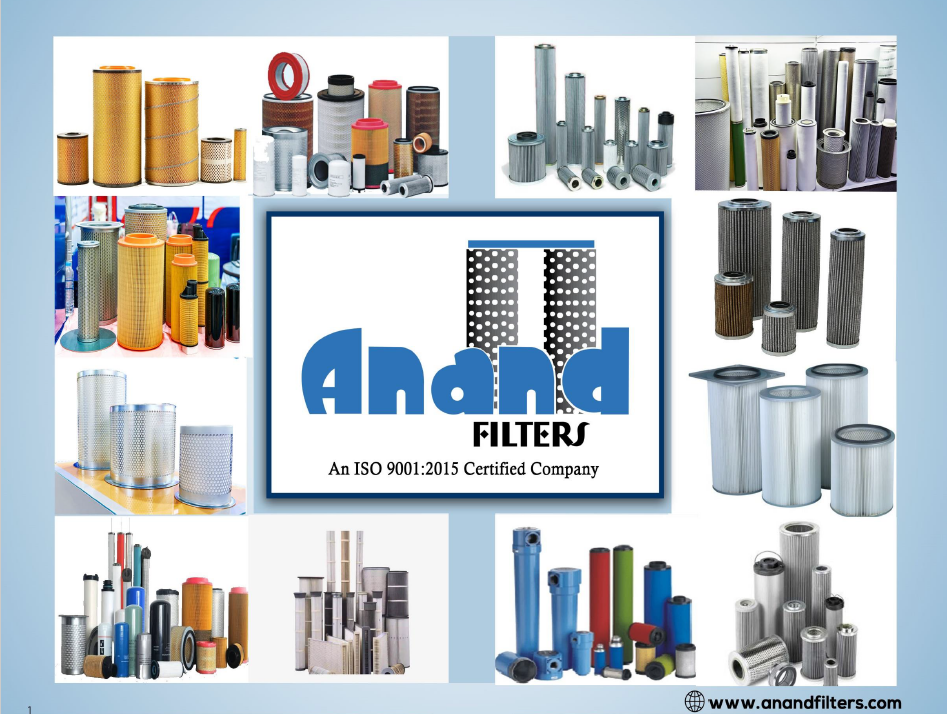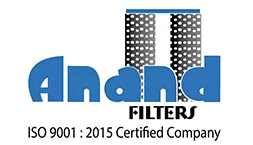
Exploring the Different Types of Industrial Filters
While it may not be the most exciting topic, filters play an important role in ensuring the quality of products and protecting consumers. In industrial settings, filters are used to remove contaminants from air, gas, and liquids. Filtration is an essential part of many industrial processes. It can help protect your machinery from harmful airborne particles. There are many different types of industrial filters, each with its own unique set of benefits. This post will focus on industrial filters that can be used in industrial settings.
Different types of industrial filters use distinct filtration systems to remove various pollutants from both the atmosphere and process lines. In some cases, one air filter is sufficient, while other circumstances demand a dust collector system. Regardless, the filtration system necessitates a filter element that can trap unwanted particles from the air—this element being washable, replaceable, or electrostatic.
The Different Types of Industrial Filters
Air Filter:
Air filters are used to remove particulates from the air before it enters a system or process. Air filters can be made from paper, cloth, fiberglass, or other materials. Air filters are often used in HVAC systems to improve indoor air quality.
Oil Filter:
Oil filters are used to remove contaminants from the oil before it enters a system or process. Oil filters can be made from paper, cloth, metal mesh, or other materials. Oil filters are often used in automotive and industrial settings.
Hydraulic Filters
Hydraulic filters‘ primary purpose is to remove contaminants from oils and other hydraulic fluids. They are an essential part of a hydraulic system that utilises pressurised hydraulic fluid to actuate a hydraulic cylinder (also known as a hydraulic motor).
Panel Filters:
Panel filters are placed in HVAC systems as the main filters for industrial, commercial, medical, and institutional applications. They are also used as prefilters to protect more expensive final filters.
Panel filters are created to defend HVAC system parts and/or lengthen the lives of secondary filters in every application. These work by trapping larger particles, such as PMcoarse and ePM10, which can be present in ventilation intake air or recirculation air.
Hepa Filters
The third type of filter is the HEPA filter. HEPA filters work by trapping particles in a mesh. The advantage of HEPA filters is that they are very effective at removing particles from the air. The disadvantage of HEPA filters is that they can be expensive and require regular replacement.
An Activated Carbon Filter:
The activated carbon filters work by adsorbing impurities onto the surface of the activated carbon. The advantage of activated carbon filters is that they are very effective at removing a wide range of impurities from the air. The disadvantage of activated carbon filters is that they can be expensive and require regular replacement.
The Dust Collector Cartridge Filter:
One of the most common types of industrial filters is the cartridge filter. Cartridge filters are designed to be easy to clean and maintain, and they can be used for a variety of different applications.
Bag Filters:
Another common type of industrial filter is the bag filter. Bag filters are often used in situations where high levels of contamination are expected, such as in pharmaceutical manufacturing.
Plate and Frame Filters
Another type of filter that is sometimes used in industrial settings is the plate and frame filter. This type of filter is most typically used in oil and gas filtration applications.
Inline Filters:
Inline filters are designed to be installed directly in lines or pipes. Inline filters are often used in situations where space is limited or where there is a need for a higher level of filtration than what can be provided by a cartridge or bag filter.
Conclusion:
There are many different types of industrial filters available on the market, each with their own advantages and disadvantages. In this blog post, we have explored some of the most common types of industrial filters so that you can make an informed decision about which type is right for your needs. If you have any questions about which type of filter would be best for your specific application, please contact us and we would be happy to help you select the right product for your needs.

